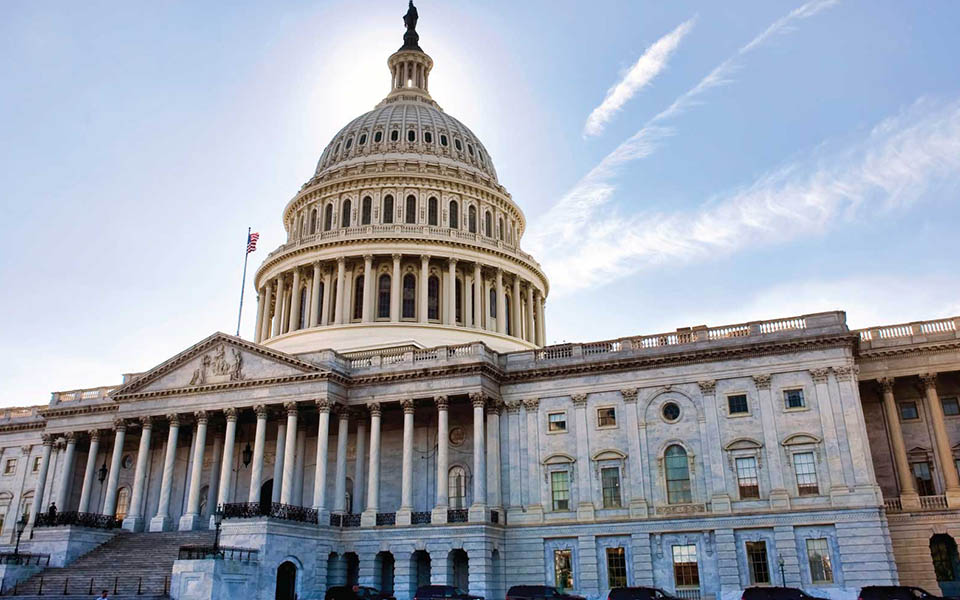On the evening of Feb. 25, the House of Representatives has narrowly approved a budget resolution, clearing the path forward for President Trump’s domestic agenda. The House GOP plan established topline instructions that would add $2.8 trillion to the deficit over 10 years. This includes $4.5 trillion available for tax cuts, $300 billion for border, energy policy and military spending, and $2 trillion in deficit reductions. House Speaker Mike Johnson won approval for the bill, which passed with a slim 217-215 majority vote, but not before agreeing to a demand from some members for $2 trillion in spending cuts. In January, the Treasury estimated that extending the expiring individual and estate tax provisions of the TCJA would cost $4.2 trillion. The budget resolution did not address specific tax provisions that may or may not be extended, such as the contentious SALT cap.
Budget reconciliation is a complex process that allows for the fast-track of tax and spending legislation by a simple majority vote and bypasses the Senate 60-vote filibuster rule. Approval of the same budget reconciliation plan by both the House and Senate is necessary for the reconciliation process to move forward. The Senate approved a budget resolution on Feb. 20 relating to the border, military spending and energy policy. Senate Republicans planned to take up taxes later in the year.
The next step is for both chambers to agree on a final budget resolution with maximum deficit caps, which will then allow Congressional tax-writing committees to begin crafting detailed provisions to include in a final reconciliation bill.
The House budget bill is only the first step to what is likely to be a lengthy process. The CBIZ national tax team will monitor new developments and keep you apprised.
© Copyright CBIZ, Inc. All rights reserved. Use of the material contained herein without the express written consent of the firms is prohibited by law. This publication is distributed with the understanding that CBIZ is not rendering legal, accounting or other professional advice. The reader is advised to contact a tax professional prior to taking any action based upon this information. CBIZ assumes no liability whatsoever in connection with the use of this information and assumes no obligation to inform the reader of any changes in tax laws or other factors that could affect the information contained herein. Material contained in this publication is informational and promotional in nature and not intended to be specific financial, tax or consulting advice. Readers are advised to seek professional consultation regarding circumstances affecting their organization.
“CBIZ” is the brand name under which CBIZ CPAs P.C. and CBIZ, Inc. and its subsidiaries, including CBIZ Advisors, LLC, provide professional services. CBIZ CPAs P.C. and CBIZ, Inc. (and its subsidiaries) practice as an alternative practice structure in accordance with the AICPA Code of Professional Conduct and applicable law, regulations, and professional standards. CBIZ CPAs P.C. is a licensed independent CPA firm that provides attest services to its clients. CBIZ, Inc. and its subsidiary entities provide tax, advisory, and consulting services to their clients. CBIZ, Inc. and its subsidiary entities are not licensed CPA firms and, therefore, cannot provide attest services.















